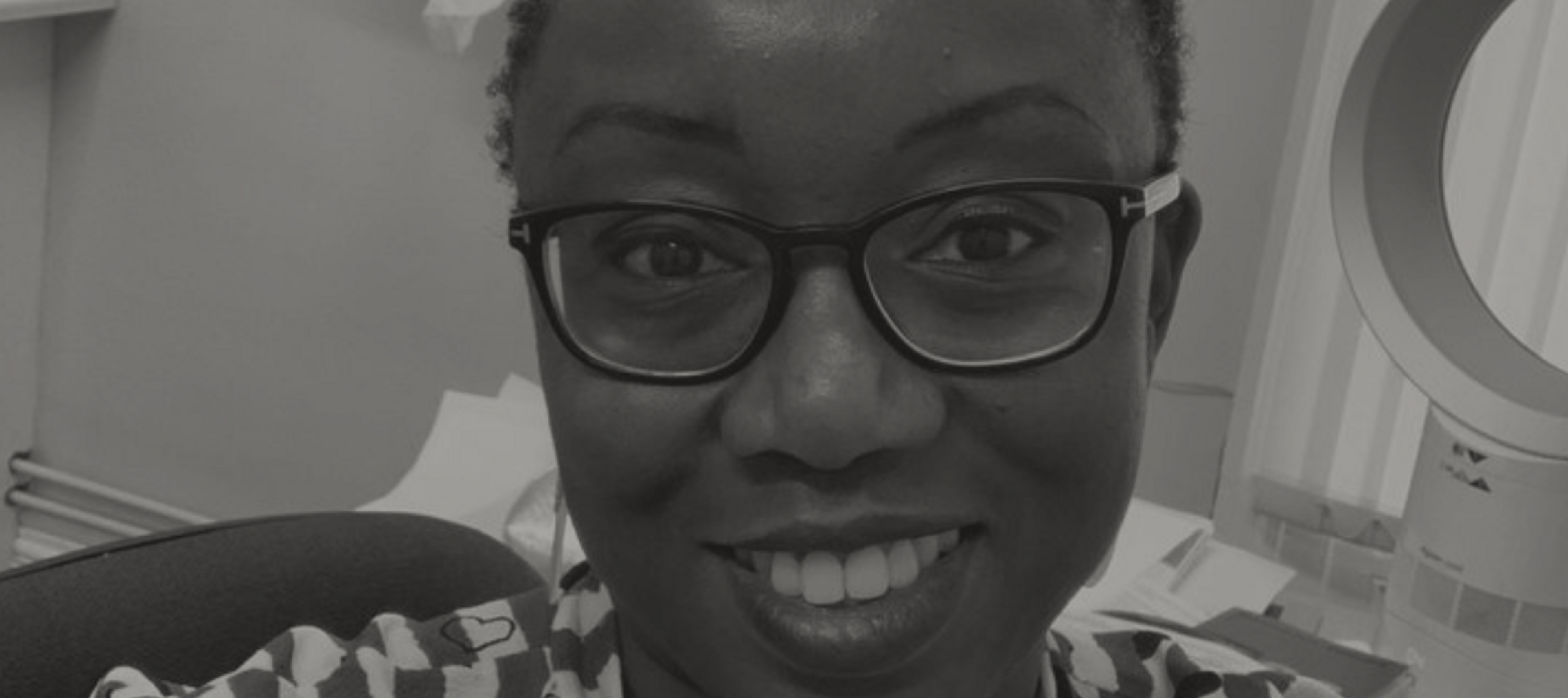As part of the Glowday Diversity in Aesthetics series, I spoke to the lovely Dr Joyce Ameh, owner of The CosmeticGP Clinic in Manchester. She discussed her biggest role model, why some women of colour don’t see tweakments as being ‘for them’, and what the lack of representation in aesthetics means to her.
Hi Dr Ameh. How did you decide aesthetics was the industry for you, and did anyone help pave the way?
I have worked as a GP for almost 30 years, but a few years ago, I reached a crossroads in my career where I wanted to find my niche. I have always had an interest in dermatology and found it fascinating. Many of my colleagues at my practice would send patients with skin conditions my way - particularly ethnic minorities - as they knew I was extremely capable.
However, I have also always been quite creative, and I have a good eye for art. So, it seemed like the logical direction to move into an area that allowed me to combine my two passions. Aesthetics allows me to make people look and feel good, and it enables me to have my own say - who I treat and how I treat them. It gives me a lot more autonomy.
With regards to anyone paving the way, my mother was my biggest role model when it came to my career. She was a strong businesswoman and she advised me to follow my dreams and passion. She taught me to go after what I want in life.
It’s evident that there’s little diversity in the aesthetics industry, from training to literature and product advertising. Was this lack of diversity a barrier to you?
Absolutely not. The lack of representation is not just in aesthetics - it’s everywhere. I was so used to not seeing people who look like me on websites and in advertising materials, but it was never a barrier to me.
I am very happy to treat people of all different races, all colour and backgrounds, and that’s why I went into aesthetics. I would say that 85-90% of my clients are people who don’t look like me - who aren’t my colour.
So, does that mean that many black people don’t see aesthetic treatments as being ‘for them’?
I think there are a few things to consider. Black women do not seem to age in the same way as caucasian women. We have thicker skin, higher levels of collagen and melanin, which cover a multitude of ageing issues. In fact, it’s not unusual for black women in their 70s to not have many wrinkles. This means you don’t have as many black women coming in for Botox because they don’t need it.
However, sometimes it comes down to disposable income. Some ethnic minority women see aesthetic treatments as a frivolous thing to spend their money on. Many of my black clients are far more likely to come in to treat pigmentation issues than have treatments like fillers which may seem more of a luxury than a necessity.
It could also be down to a lack of representation within the industry. The women they see in magazines don’t look like them, so why would they try to emulate them? I think that’s another issue.
Have you ever experienced racism in the aesthetics industry?
I, personally, have never experienced racism in my clinic or the aesthetics industry as a whole - not on social media or to my face. Maybe that’s because they’ve looked at my website before they’ve come to see me and they know what I look like. I’m hoping that clients come to me because of my skills and expertise and not because of what I look like. I have definitely experienced it in the NHS though, and, according to a recent report, 4 out of 5 black people have experienced racism at some point.
What can we do to improve diversity in aesthetics?
There should be a section in the training and literature for ethnic skin. Our faces are very different because our structure is different. This needs to be taught to all medics, not just those in aesthetics.
Even with something as simple as eczema - in a black person it isn’t the same as in a white person because our skin looks different. So, I think it’s all about starting from the grass roots and educating medics in preparing the skin in ethnic minorities. We need to see literature on complications in black skin, covering topics like post-inflammatory hyperpigmentation, and examples of why the skin needs to be properly prepared before a treatment. We also need to start to see a lot of clinic owners who are from ethnic minorities because there are many of us who are not white. We should be showcased and have the same opportunities to become trainers. Patients want to feel comfortable being treated by those who don’t look like them.
Who are your top social media follows?
I really like Dr Tijon Esho because he looks like me - he’s my colour. But he also knows his stuff. He treats everyone - people of all races and backgrounds. I like being able to treat anyone who comes in and know that each and every one is special. I like Dija Ayodele too. I recently went to an aesthetics event where I heard her speak, and I loved the fact that she’s set up the Black Skin Directory and is a founder of the Black Aesthetics Advisory Board. It’s great to open up more conversations around this topic.
What overall changes would you like to see in the aesthetics industry?
I am passionate that this industry should remain medical. There are a lot of people doing it who probably shouldn't be, so I would like to see more regulation - especially when it comes to injectables. I would also like to see more people of colour being represented on both sides - as practitioners and business owners, but also as clients. If black people see that other black people are going to clinics, this will lead to a change. It should be encouraged.
What are your ambitions for your clinic over the next 12 months?
I’d love to increase the number of days I spend in my clinic. I’m also in the process of developing my own pigmentation service and becoming more of an expert in that field. As well as this, I’m in the process of getting a diploma in Lifestyle Medicine, so I’d really like to begin health coaching sessions - helping women and men improve their health holistically, using simple lifestyle measures which will help their skin and health while making them look and feel good.
Thanks, Dr Ameh! I was great chatting with you.

